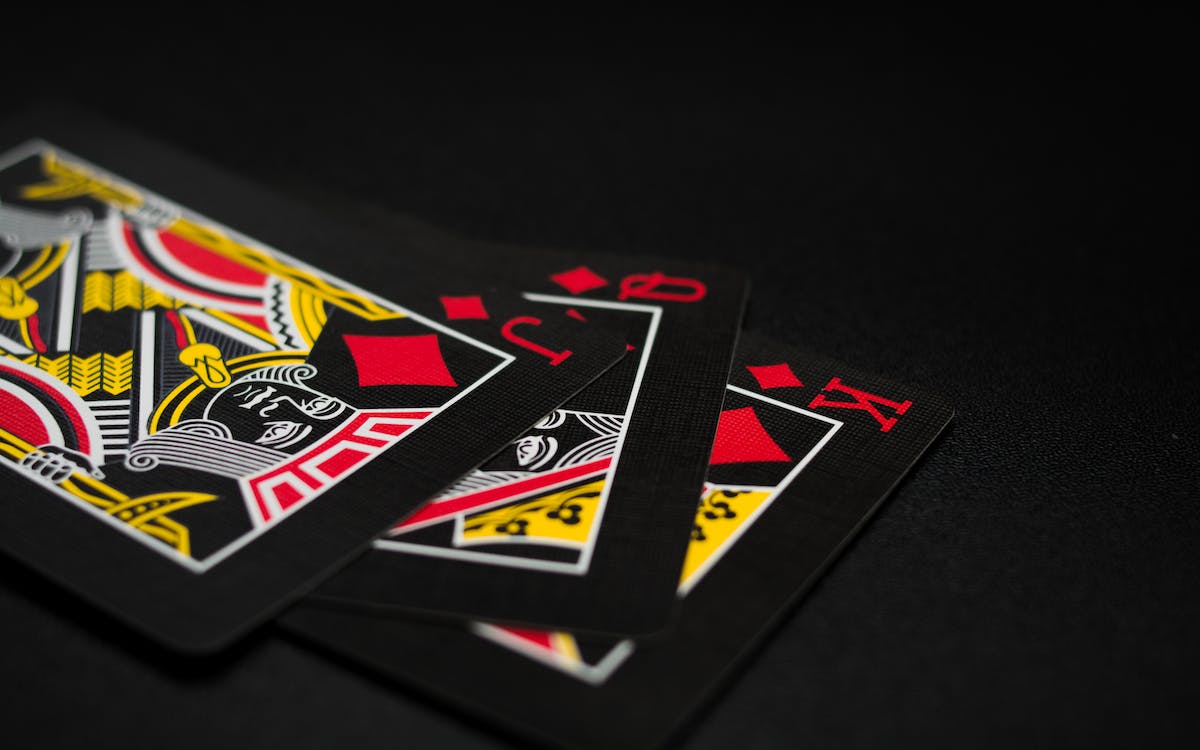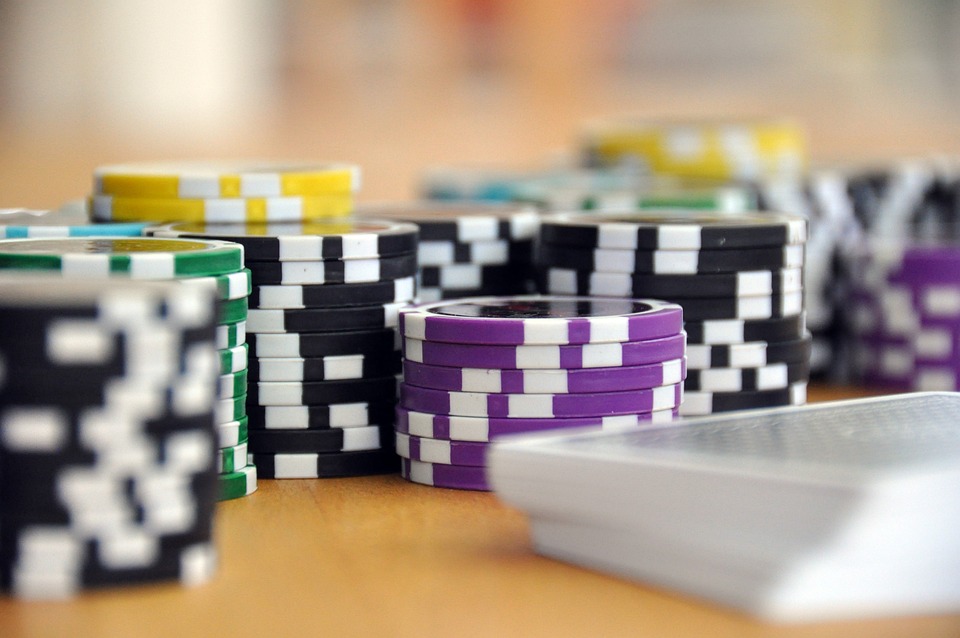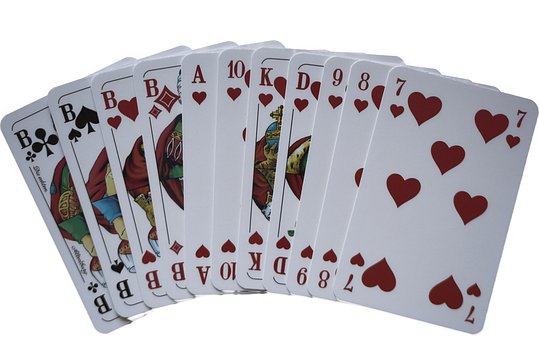The game of Texas Hold em poker rewards skillful play. There is an element of chance, but if you know the rules, a skilled player can play better and use sound judgment on the hands they have. Understanding your position, keeping an eye on other players’ moves, knowing when to fold a hand, and learning how to reduce the number of players in the game, are all fundamental.
If you are serious about playing the game, you need to level up your skills so that you’ll be able to compete more with other players and even increase your stakes.

Play fewer hands but more aggressively
Even the top players have a maximum number of starting hands they can play before the flop in Texas Holdem poker. Too many hands played will cause you to lose a lot of your chips.
The simplest and quickest approach is to create a solid pre-flop poker strategy. Although it is simple to create strong pre-flop ranges, it is challenging to maintain the discipline to stick to them.
The optimum Texas Hold em strategy is to only play a few playable hands. Playing aggressively enables you to hide the true power of your hand.
Don’t limp
Limping is seen as a poor poker tactic. Any skilled poker player would exploit you if they saw you limping frequently. It indicates that you have yet to learn how your hand will function. You’ll often find yourself in post-flop with a mediocre hand. You cannot even receive the value you are due if you have a strong hand. Therefore, immediately fold the weak hand or raise it if you believe your hand can support it rather than limping.
Limping is a smart option when you know the game is passive since it will let you reach the board fast and with little risk.

Understand your position
In Texas Hold em, being on the button is the best position since you are the last player to act in three betting rounds: the flop, turn, and river. When it’s your time, you’ll be fully aware of how many other players are still in hand, allowing you to decide how much, if any, to wager with much more confidence.
The small blind is in the worst position since you’ll take the lead after the flop, the turn, and the river. Although aggressive play can sometimes be used to your advantage, it is generally preferable to act last.
When in doubt fold
Do you want to know what significantly separates a bad player from a professional player? A good player can lay down a strong hand like the top pair when they believe they are outplayed.
Despite how easy it may seem, it is difficult to accomplish due in part to the structure of our brains. We are naturally inquisitive and competitive. When we fold, we give up the potential to win the pot and forfeit the opportunity to discover the hand our opponent is holding.
The second fastest way to lose at poker is to call too frequently and in the wrong circumstances (after ineffective bluffs). Do yourself a favor and fold whenever you need help deciding whether to call or fold in response to a bet or raise.
When folding in one of these circumstances, be sure to record the specifics of the hand so you may review them later to see if you made the appropriate decision. It’s an excellent method to hone your skills and regularly fill the knowledge gaps.

Pay attention to the other players
It’s simple to become preoccupied with your hand and overlook the other players. However, you must be aware of their chip count (roughly, not necessarily precisely), the cards they may hold, and the potential value of their best hand in light of the community cards you all share.
Observing player tendencies can be beneficial as well. You can exercise caution if a player habitually wagers no more than $10 and then enters the game with a $50 wager. It’s a sign that the player has something worthwhile.
Having a strategy or plan in mind is essential, but you must be flexible enough to make changes so that your opponents won’t easily read you. So, besides reading your opponents, learn how to prevent your opponents from easily reading you.
Play just when you’re in the mood
Playing poker should be enjoyable regardless of whether you are a hobbyist or a professional player. It makes logical sense that you should only play Texas Holdem when you feel joyful because that is when you will perform at your best.
You should end the session immediately if you feel frustrated, worn out, or angry. By doing this, you are probably saving yourself a ton of money.
Defend your big blind with the right hand
Big blind in Texas Hold em is a unique position because you already have one invested in the pot. As a result, when you are the big blind and facing a raise, you have higher pot odds to call than other positions.
You can profitably call with many more hands than you could if you were seated in a different position because you are the last player to act before the flop. It does not mean you should call raises with bad hands, but in most cases, K-9 and Q-6 hands become viable.
Conclusion
Playing the Texas Hold em game is not only about memorizing the rules, hands, etc. Beginners should take the time to play it to hone their skills and make better decisions whenever they are at the table. You can also read or watch games where you can take note of the player’s moves and try to use them when playing.




